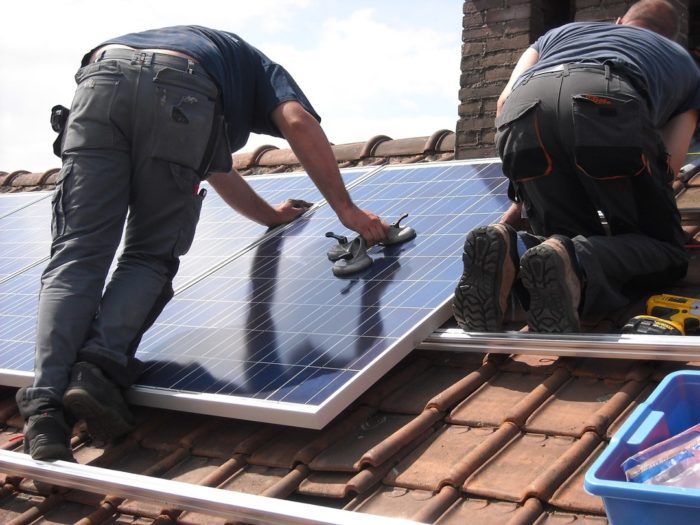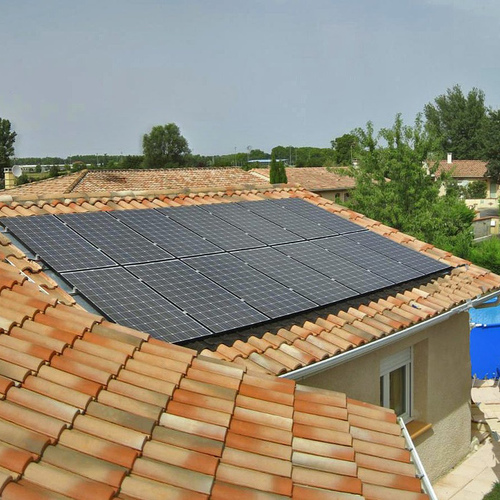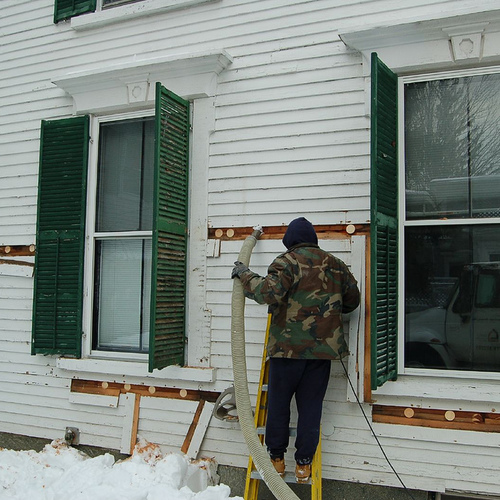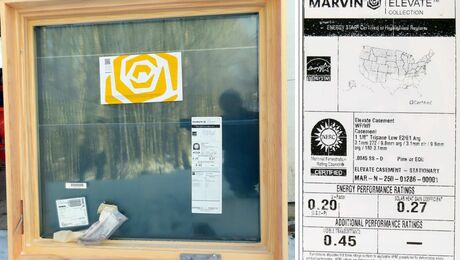
Image Credit: Maria Godfrida / Pixabay
Congress will consider new legislation that tightens disclosure requirements for Property Assessed Clean Energy (PACE) loans used by a growing number of homeowners to make energy-related improvements to their properties.
PACE loans, often used for upgrades such as solar panels, can be structured so they are repaid through property tax bills. When the property changes hands, the loan obligation goes with it.
PACE loans became more popular under the Obama administration as the Federal Housing Administration took steps to make them more appealing to both borrowers and lenders, according to an article posted at Housingwire.
Some members of Congress, however, have complained PACE loans can be “predatory” and that some lenders target older homeowners who later are stuck with payments they didn’t anticipate. The loans also have raised concerns about who is first in line for payment in case of a default.
The bill submitted in both the Senate and the House of Representatives would amend the Truth in Lending Act to include the loans. Lenders would be required to give borrowers the same details on loan terms they already are required to provide for mortgage loans.
The legislation, called the Protecting Americans from Credit Exploitation Act (the PACE Act), was submitted by a group including both Democratic and Republican representatives. One of them, Rep. Brad Sherman, a California Democrat, said the bill would make sure that PACE lenders meet “the same basic disclosure requirements that apply to traditional lenders, including providing to consumers the annual percentage rate, a schedule of payments, and the total cost of the loan.”
Lenders also would be required to notify homeowners that a loan amounts to taking a lien on their home.
Republicans were more critical of the program
One of the Republican sponsors was more pointed in his criticism, calling PACE loans a “scam.”
“Predatory green-energy lenders are changing state and local laws to trick seniors into taking out high-interest rate loans for 20 years, along with liens on their homes, for technology that could be obsolete in a few years,” Sen. Tom Cotton of Arkansas said.
Cotton said the requirement for full disclosure on terms of the loans would fix the problem. The Mortgage Bankers Association and the California Association of Realtors both back the proposal.
The Wall Street Journal reported earlier this year that about $3.4 billion has been loaned for residential projects to date, and that could double in the next year, making PACE loans the fastest-growing type of financing in the country.
One down side, the newspaper said, was the credit worthiness of borrowers doesn’t matter very much to lenders because the loans are based on the value of the property, not the borrower’s income. As the number of loans has multiplied, so have reported problems.
For example, the WSJ said, a California woman was talked into applying for a $42,000 loan for home improvements even though she initially told her contractor she couldn’t afford it. She applied when she was told the loan was part of a “government program.” Since then, Deanna White’s property tax bill has gone from $1,215 to $6,500 a year.
The loan was packaged with more than 10,000 others like it and sold to investors. White now faces foreclosure if she defaults.
Legislation allowing PACE programs has been approved in 34 states and the District of Columbia. The industry says that most borrowers are happy with their loans and defaults are rare. Jim Barrett, chief economist at the American Council for an Energy-Efficient Economy, said in a recent column that the PACE program has been responsible for billions of dollars in clean energy investments, and that not a single home has gone into foreclosure because of unpaid PACE assessments.
If you want to read the full text of the proposed legislation, you’ll find it here.
Weekly Newsletter
Get building science and energy efficiency advice, plus special offers, in your inbox.















0 Comments
Log in or create an account to post a comment.
Sign up Log in